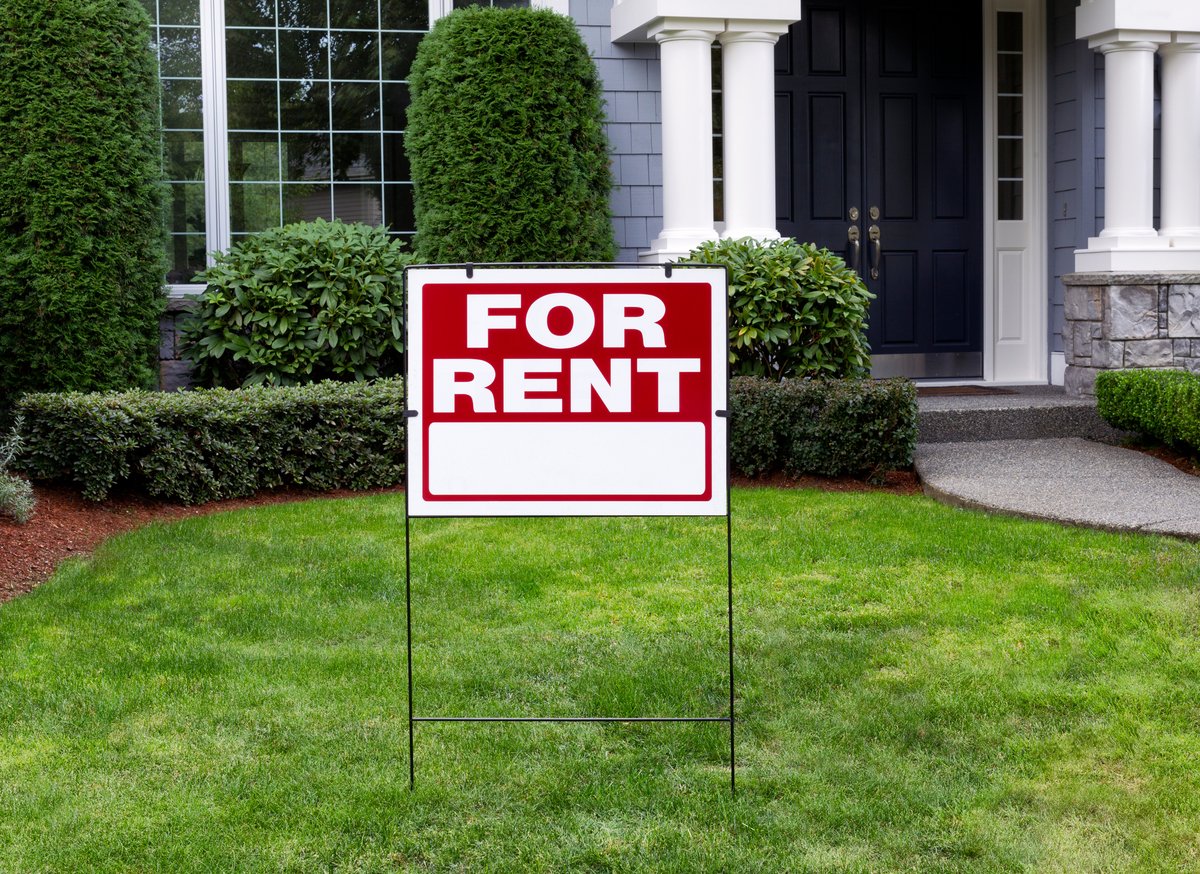Net-lease REIT Store Capital (STOR +0.00%) recently announced that Berkshire Hathaway (NYSE: BRK-A) (NYSE: BRK-B), the conglomerate led by Warren Buffett, had invested $377 million in the company. While we don't know if Buffett himself initiated the transaction, it does represent Berkshire's first major REIT purchase.
Certain types of real estate can be Buffett-like businesses. Net lease real estate, like Store Capital's portfolio, is attractive because tenants are on long-term leases and are required to pay the variable costs of property ownership. Healthcare real estate could also be attractive thanks to its high dividends and recession-resistant qualities. In a nutshell, while I couldn't see Berkshire investing in hotels or shopping malls anytime soon, there are some REITs that would be smart ways for Berkshire to put its nearly $100 billion cash hoard to work.
|
Company |
Recent Stock Price |
Dividend Yield |
|---|---|---|
|
Welltower (HCN +1.70%) |
$72.69 |
4.8% |
|
Realty Income (O +1.15%) |
$56.92 |
4.4% |
Data source: TD Ameritrade. Prices and dividend yields current as of 7/31/17.

Image source: The Motley Fool.
Healthcare real estate has lots of Buffett-like qualities
The healthcare real estate industry has a lot of qualities that Buffett looks for in his investments. For starters, healthcare is a recession-resistant business, as it's needed no matter what the economy is doing. In addition, the industry is expected to grow rapidly over the next several decades, as the baby boomer generation retires and the older age groups of the population grow.

Image source: Welltower investor presentation.
Welltower is the largest healthcare-focused REIT, which gives it the additional advantage of scale. Not only that, but 70% of Welltower's portfolio is also made up of senior housing properties, which should be a big beneficiary of the aging U.S. population. Welltower's senior housing properties are a mix of partnerships with industry-leading operators, as well as properties that are simply leased to tenants on a triple-net basis.
The majority of Welltower's senior housing properties are located in affluent, high-barrier markets. Los Angeles, Boston, New York, and San Francisco are the company's four largest markets, by income. The strategy is simple: Invest in attractive markets and own properties that are superior to those competitors own. Welltower's average senior housing property is 19 years old, while the REIT-owned average is 36 years old, and Welltower's properties have a much more favorable private-pay revenue mix, while peer-owned properties are more reliant on Medicare, which tends to be less predictable.
A larger net-lease REIT
Store Capital is a great fit for Berkshire, but the company is relatively small, at least by Buffett's standards. Realty Income is another net-lease REIT with a lot of similarities to Store Capital, but with a much larger scale. As of this writing, Realty Income is nearly four times the size of Store, by market capitalization.
Like Store Capital, Realty Income has been beaten down over the past year or so, along with most other REITs that invest in retail-oriented properties. And like Store, the vast majority of Realty Income's tenants are immune (or at least resistant) to the e-commerce headwinds causing havoc in the retail sector right now.
For example, Realty Income's largest tenant is Walgreens, which sells products people need, not just things they want. Dollar stores combine to make up nearly 8% of the company's portfolio, and these stores tend to offer bargains that online retailers can't match, while also being recession-resistant. And movie theaters such as major tenant AMC Theatres sell an experience, which are not only immune to e-commerce threats but can also be an excellent play on the coming-of-age millennial generation.
In fact, Realty Income recently increased its full-year guidance, both in terms of growth and funds from operations and reported its highest occupancy rate in a decade. Realty Income has paid 564 consecutive monthly dividends and has increased its payout 79 quarters in a row, and Buffett loves to invest in stocks with consistently growing dividends.









